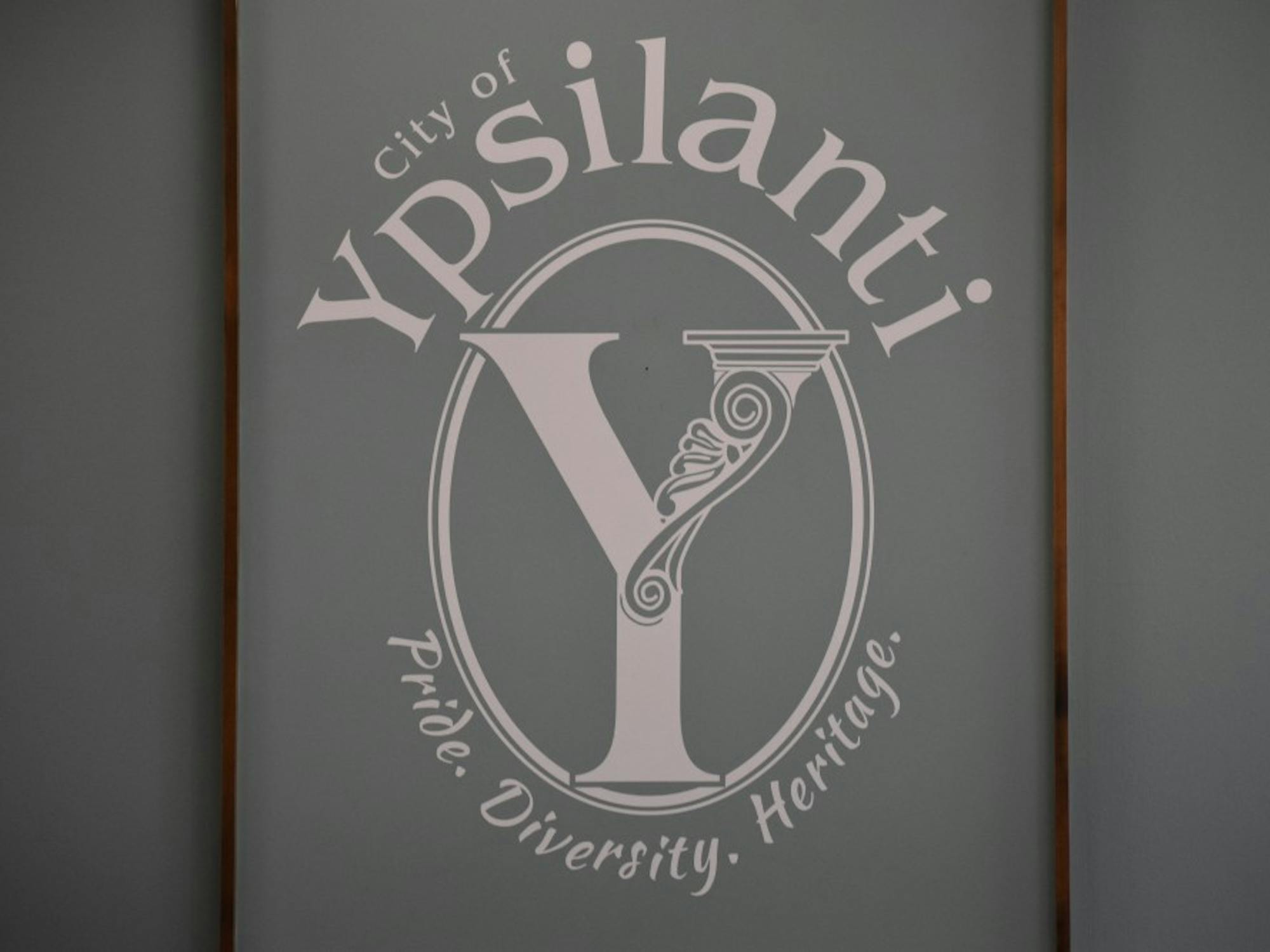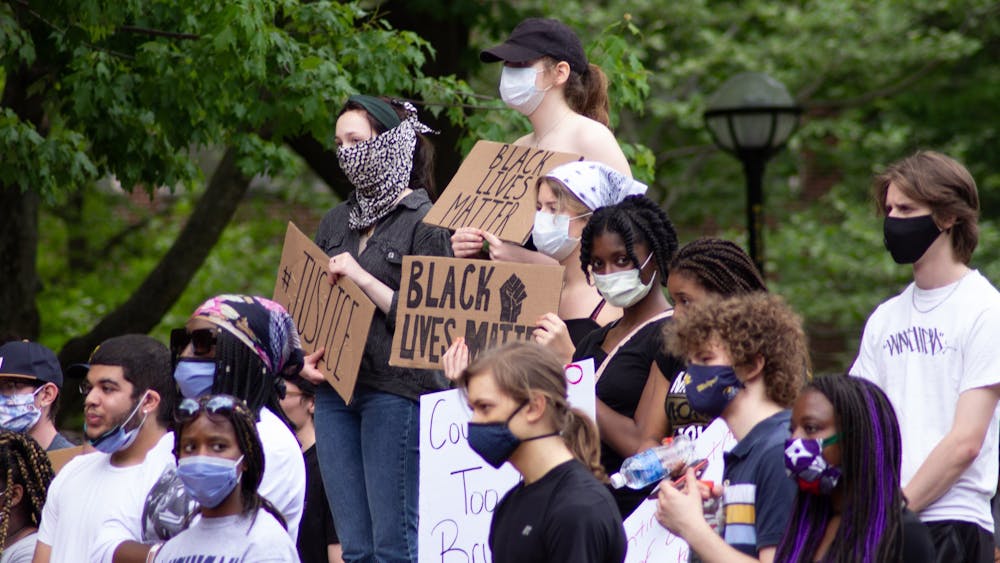Ypsilanti’s City Council held a virtual meeting Tuesday evening, Sept. 1. Council members voted on whether to allow medical and recreational marijuana retailers to open in neighborhood corridors, as well as an increase to the budget for ballot return postage. Other highlights included a report from the City of Ypsilanti Chief of Police on the completion of mental health training by all officers in the department and an increase to the residential cost of water and sewage in the city.
City of Ypsilanti Chief of Police Tony Degiusti announced the completion of the One Mind Campaign Pledge by all officers in the department. The campaign seeks to ensure successful interactions between police officers and community members who are affected by mental illness. Through the pledge, the Ypsilanti Police has trained 100 % of its officers in mental health first aid. An additional 20% of the police force has completed a 40 hour crisis training program for the pledge.
“We are only one of five [departments in Michigan] who’ve actually completed [the pledge],” Degiusti said.
Eleven other police departments in Michigan have attempted this pledge, and 116 departments nationwide have finished it.
Degiusti went on to announce that a 2020-2021 goal for the City of Ypsilanti Police Department is to build a team between the police department and Washtenaw County Community Mental Health. The team will address calls regarding individuals experiencing crises and other issues stemming from mental illness. Washtenaw County Community Mental Health is working to open a facility in Ypsilanti that will serve as a temporary holdover for individuals who are suffering from mental health crises. The facility will allow for overnight stays in instances where hospitalization is unnecessary
"Jails are being used to warehouse people with mental health issues and they’re not getting the services they need,” Degiusti said.
City Council then moved on to an ordinance that would allow recreational and medical marijuana retailers to open in neighborhood corridors. The ordinance passed with a six to one vote.
The ordinance does not allow for marijuana dispensaries to open neighborhood areas. Rather, an example given of a possible dispensary location is at near intersections of Michigan Avenue and North River Street, the location of Aveda’s Beauty & Barber.
Council Member Steve Wilcoxen went on to explain that marijuana retailers “can't just go anywhere.” A prospective dispensary must present an argument to the city’s planning commission as to why they would like to locate in the city. At that time, residents can come forward with their cases against or in favor of the retailer.
Mayor Lois Richardson and Council Member Anthony Morgan both asked questions regarding how much money has come into the city since the legalization of recreational and medical marijuana, and the process the city goes through to collect that revenue.
According to the City Manager, Frances McMullan, the money obtained by the city comes via application fees. The application fee for a dispensary is $5,000 which is paid annually when the application is renewed. If the dispensary is recreational and medical then the application fee is doubled to $10,000. The city then takes $1,000 from each recreational dispensary application and puts it into a general fund. The city has so far collected approximately $105,000 from 19 dispensary applications, the city Finance Director and Treasurer, Rheagan Basabica, said during the meeting.
Following the ordinance vote, the city council then voted unanimously to increase the budget for mail-in ballot return postage for the upcoming general election. As a result of the COVID-19 pandemic, the city saw an increase in absentee ballot requests. The increase in absentee ballot requests is roughly seven times the normal rate for a general election, according to the City Clerk, Andrew Hellenga.
It’s estimated that there will be 8,000 absentee ballot requests for the November general election, requiring a budget increase of roughly $4,000. With the city's current funds, and an additional $4,000, the budget for ballot absentee ballot return postage will climb to $6,000.
The state government has pledged to reimburse all jurisdictions that provide return postage for absentee ballots after the conclusion of the November general election.
Lastly, it was announced that residents of Ypsilanti will be seeing a water and sewage bill increase beginning Oct. 15 of this year. As a result of the Great Lake Water Authority increasing the Ypsilanti Community Utility Authority rate by three percent, residents will also be seeing an increase of the same rate. A current bi-monthly water and sewage bill for an Ypsilanti resident is $120.09. Starting October 15 of this year that will rise by $3.60 to $123.69.
In regards to the increased rates of other Michigan cities, Ypsilanti’s is comparatively much lower. The following cities have also had water and sewage bill increases: Ann Arbor (6.5 percent), Kalamazoo (12 percent), Sterling Heights (5.2 percent), and Birmingham (3.25 percent).











